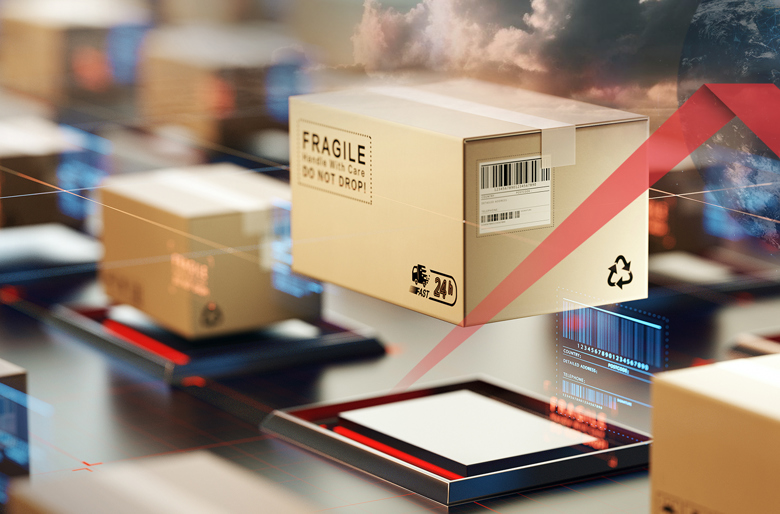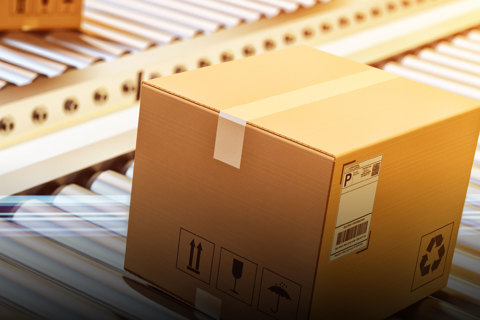COMPREHENSIVE IMPORT MANAGEMENT SOLUTIONS
Our goal is to provide an Import Management Program that addresses all of your standard and express customs clearance requirements. Our service includes assisting you with reasonable care, complete post entry audits and customised point-and-click report writing.
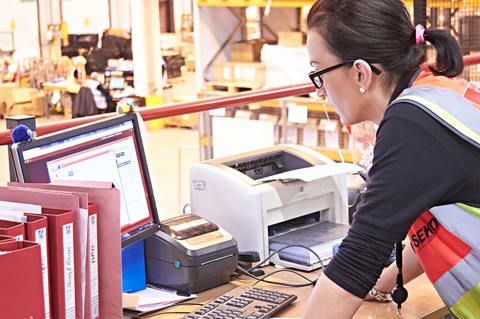
SUPERIOR QUALITY AND SERVICE
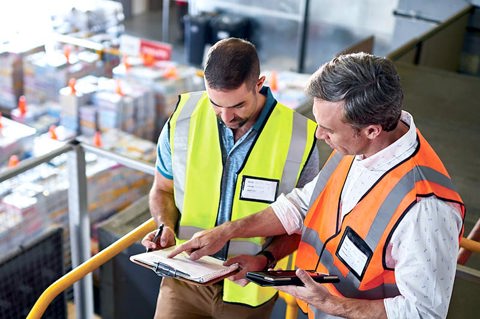
COMPLIANCE TRAINING AND CONSULTING
We provide export and import compliance audits, consulting, training seminars and outsourcing solutions for shippers in the US. We tailor each solution to your specific needs and work with you to enter and access new markets for exports, as well as streamlining operations for imports.



VISIBILITY AND INTEGRATION
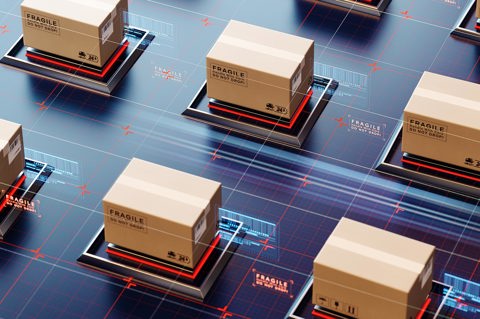
SECTION 321 AND TYPE 86 EXPERTISE
This vital express delivery service for cross-border ecommerce clients was brought in-house in January 2020 through the acquisition of industry specialists Air-City Inc. We have the ability to manage the Customs Clearance aspect of bringing in bulk parcels, so that ecommerce orders can move through the system as quickly as possible.
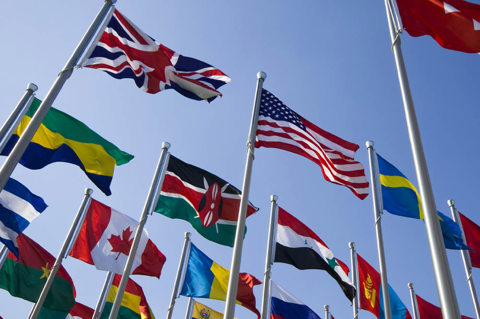
CUSTOMS BROKERAGE
SEKO Customs Brokerage offices maintain Remote Location Filing (RLF) at all ports of entry around the world. Our services include:
- Real time track and trace
- Importer security filing (10 + 2)
- Import compliance consulting
- Paperless environment
- EDI transmissions and email alerts
- Remote Location Filing (RLF)
- Commodity specialists
- Bonds and insurance services
- Duty drawback and reconciliation
- Classification and value assistance

LATEST AND GREATEST
Explore our latest news articles and current client success stories to discover
how we're reacting to today's supply chain challenges.

ANY QUESTIONS, WE CAN HELP – HERE’S JUST A FEW WE RECEIVE REGULARLY
- What locations do you serve?
We empower you to scale into every core market, with 150+ offices and counting.
- Can you ship what I need to ship?
No matter how specialist or time-critical your request, we can handle it all.
- How much will it cost me?
No two shipments are the same, so inquire today for an exact quote.
Please complete the form below and we’ll be back in touch soon!

